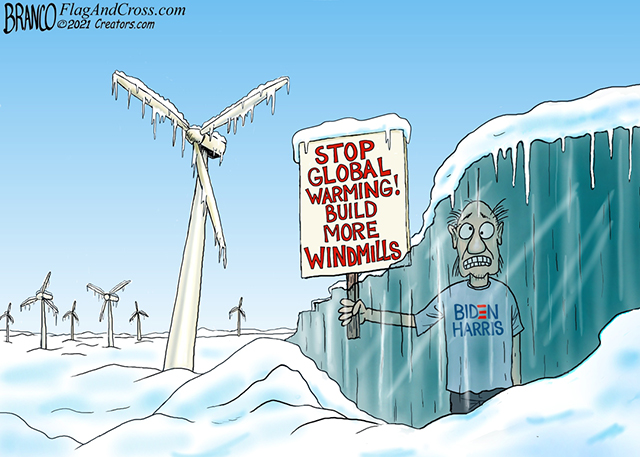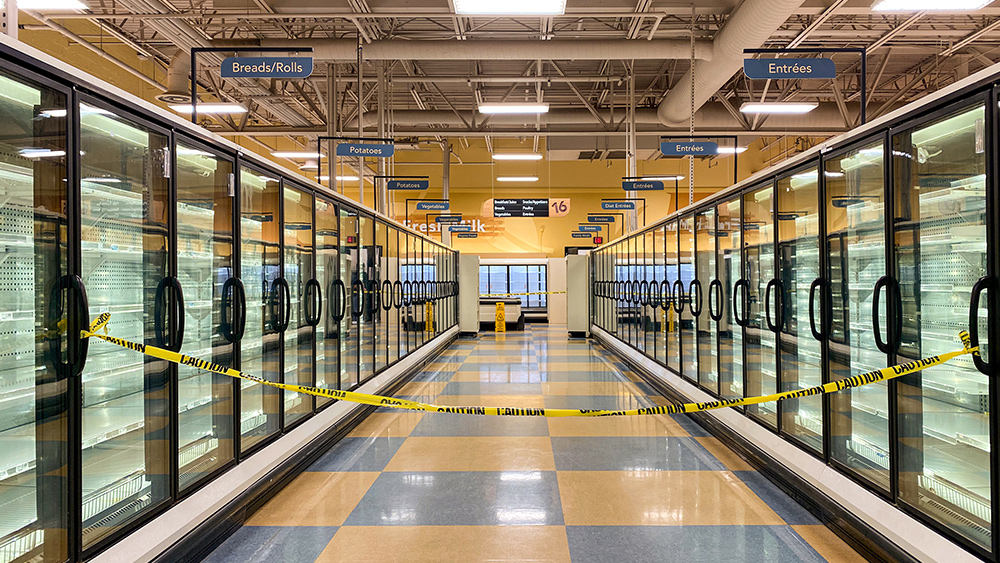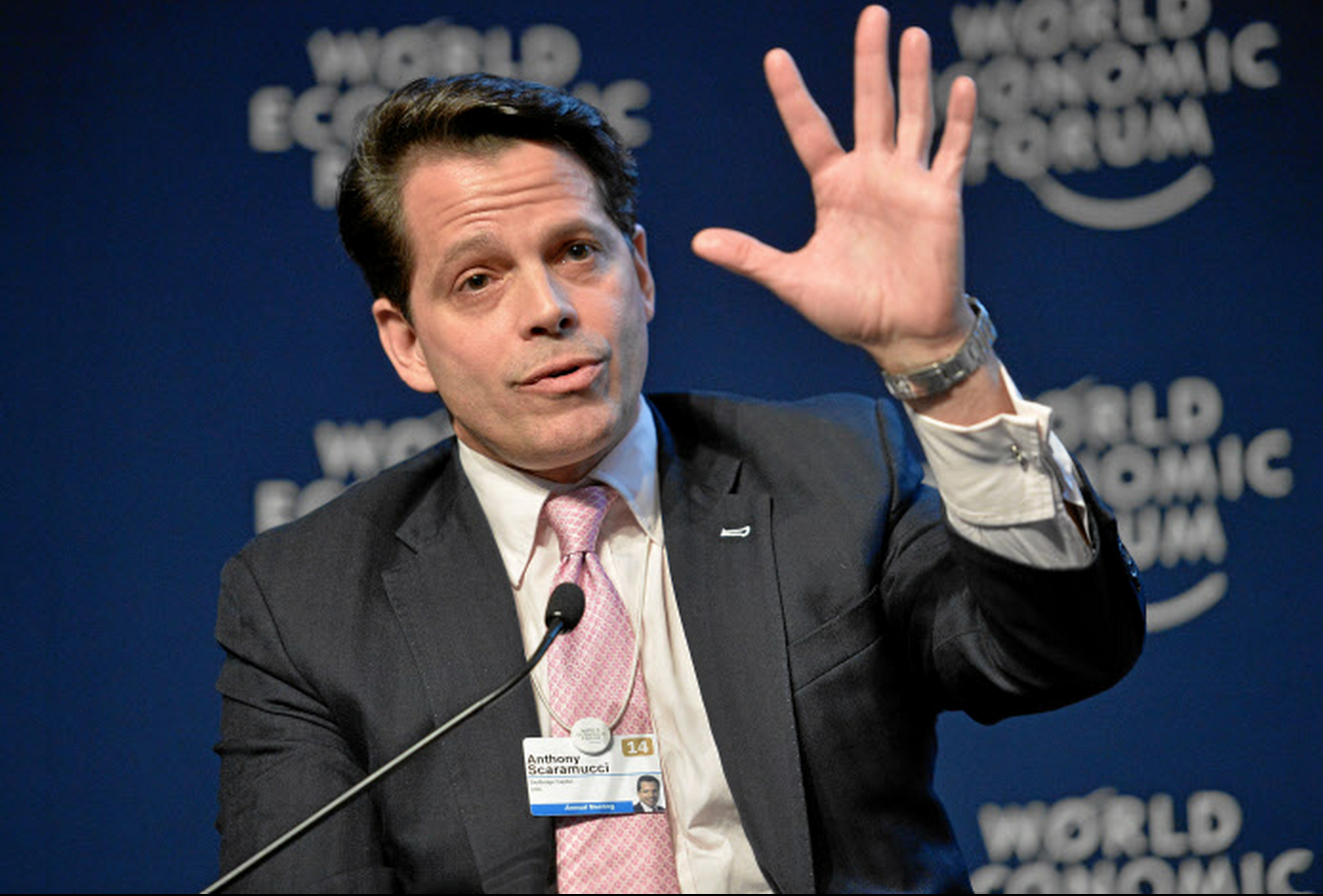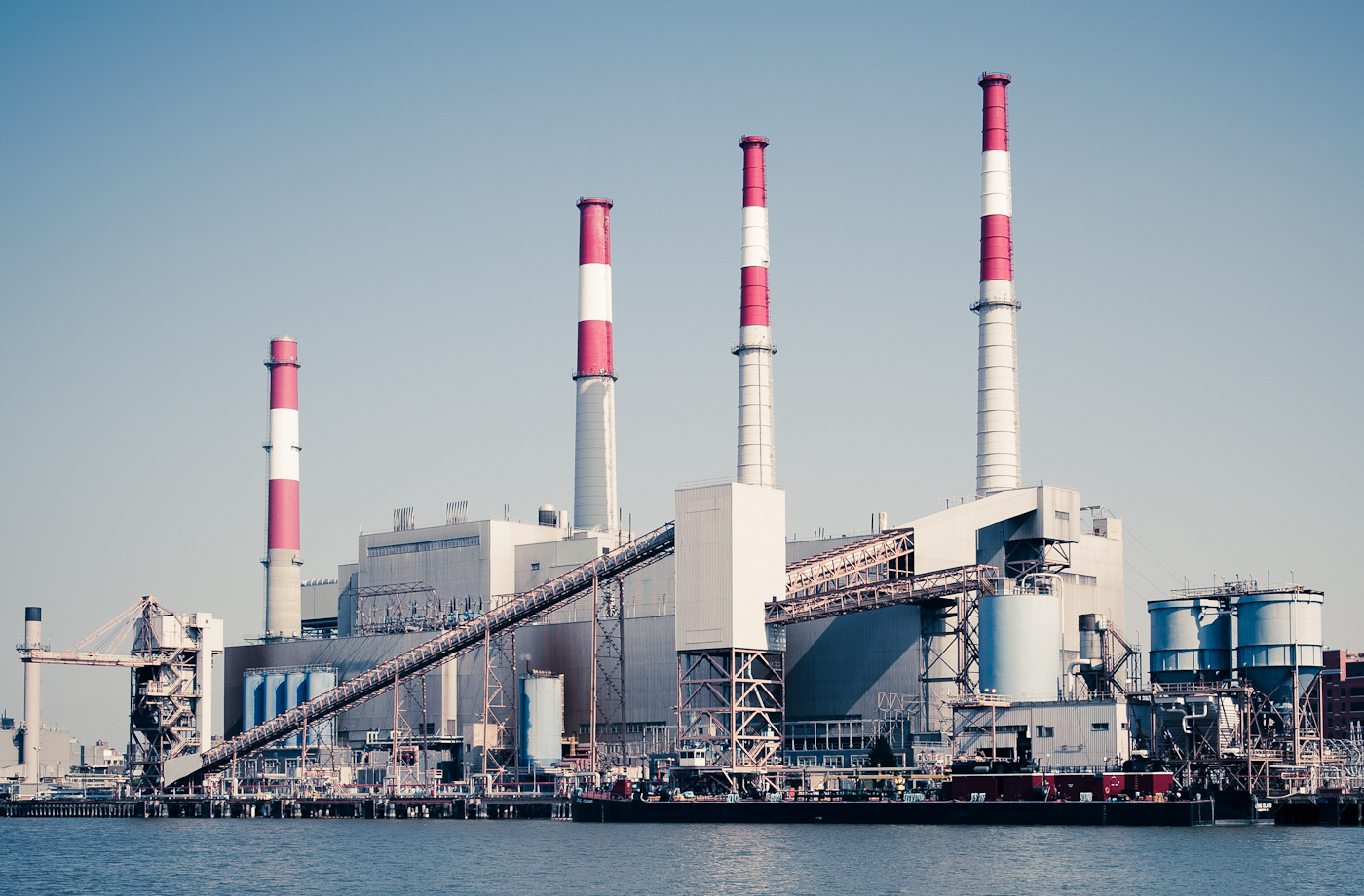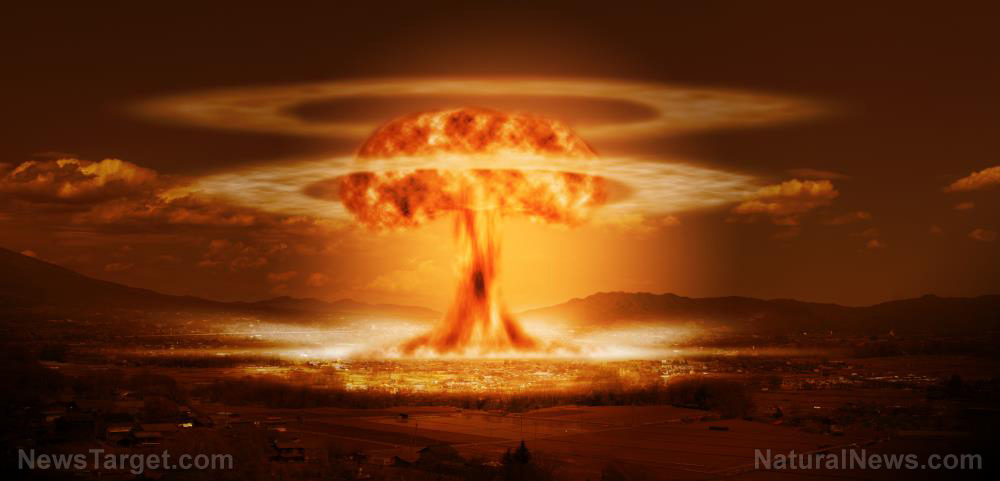On the brink of economic collapse: How China’s fall will affect the world
12/31/2021 / By Mary Villareal
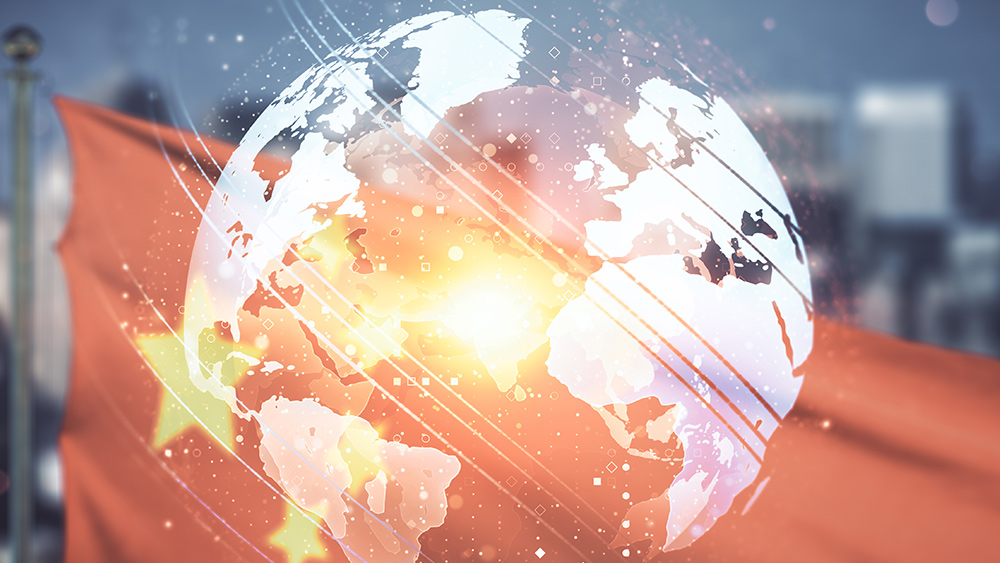
Chinese mega-developer Evergrande group is making waves as it defaults on payments and shares drop by 90 percent. The company, which is embedded across the country’s financial system, may force developers to take over some of the projects to ensure that homes are delivered to their buyers.
If this continues, an economic global collapse will ensue.
According to Jimmy Chang, chief investment officer at the Rockefeller Global Family Office, the company has $300 billion in outstanding debt, If it is not resolved, it will end up needing some deep-pocketed state-owned enterprises to take over.
Stumbling economic power
If China’s economy continues to stumble, it is expected to take down the global economy with it, This is why President Xi Jinping must strike the delicate balance between eliminating China’s debt and maintaining consumer confidence: One wrong move and the country could find itself in both economic and political chaos.
China’s economy has been described by the World Bank as “high growth based on resource-intensive manufacturing, exports, and low-paid labor.” It has largely reached its limits and has led to economic, social and environmental imbalances as well.
Since spring, Beijing has canceled initial public offerings, fined tech companies for antitrust violations, forcibly shut down the for-profit education industry and sent CEOs running out of the country to avoid the government. However, megadeveloper Evergrande started missing payments on its over $300 million debt, shaking global markets.
These convulsions have since woken the world to one grave possibility: Beijing may be willing to allow some of its biggest companies to collapse in a bid to reshape the model that made them a superpower.
The upheaval is expected to span multiple industries and vast swaths of the country, resulting in one big issue: China has no ability to borrow or buy its way out of its current crisis. For decades, it relied on cheap labor and large amounts of debt handed out by government-owned banks to fuel its economic growth.
While it poured money into developments, factories, bridges and other projects, it does not have the actual money people needed to actually use and pay for everything that’s been built. Most of China’s population does not have the income to shift the economy from one driven by state investments to one that is sustained by consumer spending.
Because of this, China is now stuck in a system that is overbuilt and overindebted. It has a $52 trillion property market that is overly inflated: with money that is easy to borrow, real-estate speculation became a way to store and build wealth for its young middle class.
However, with the country forced to deflate the real-estate bubble without bursting it, China has been forced to prepare for a period of slower growth. To make matters worse, it is now facing an energy crisis fueled by soaring coal prices and a population that is getting old with no resources to rely on.
China closing its economy?
Beijing made the dubious choice of closing the economy instead of keeping it open to continue its growth. Under President Xi Jinping, Chinese socialism is reverting to a model not seen in decades, with tighter control over the economy. This is why Beijing has been canceling massive IPOs and level industries. Economists already expect the shift to slow economic growth even more, which could make China’s attempts to transform its economy even more precarious. (Related: Is China on the verge of total economic collapse?)
Charlene Chu, a debt analyst at Autonomous Research, said: “I think Xi is incredibly ideological, and he’s focused on his legacy. He really wants to reshape China and put it on the global stage — and that does require a reset from the way we’ve been doing things previously.”
China’s transition from open markets to state control won’t be easy to manage, but there is much at stake on a global scale: if Beijing fails, it could level the global financial system, slow trade and devastate businesses worldwide The chaos of global businesses losing their faith in the economic giant could lead to social instability, spurring the government to place even tighter grips on society.
In short, Beijing is at an economic tightrope act, and it is trying to replace its economic model with something that is unknown, with the weight of its debt-ridden system causing it to falter.
Watch the video below to learn more about the collapsing Chinese economy:
This video is from the High Hopes channel on Brighteon.com.
Learn more about how China can affect businesses on a global scale at Collapse.news.
Sources include:
Tagged Under: Beijing, Bubble, chaos, China, Collapse, communism, debt collapse, economic collapse, economic debt, economic imbalance, Evergrande, Evergrande Group, geopolitics, low-cost labor, outstanding debt, President Xi Jinping, Real Estate, state-owned development
RECENT NEWS & ARTICLES
COPYRIGHT © 2017 CHAOS NEWS


